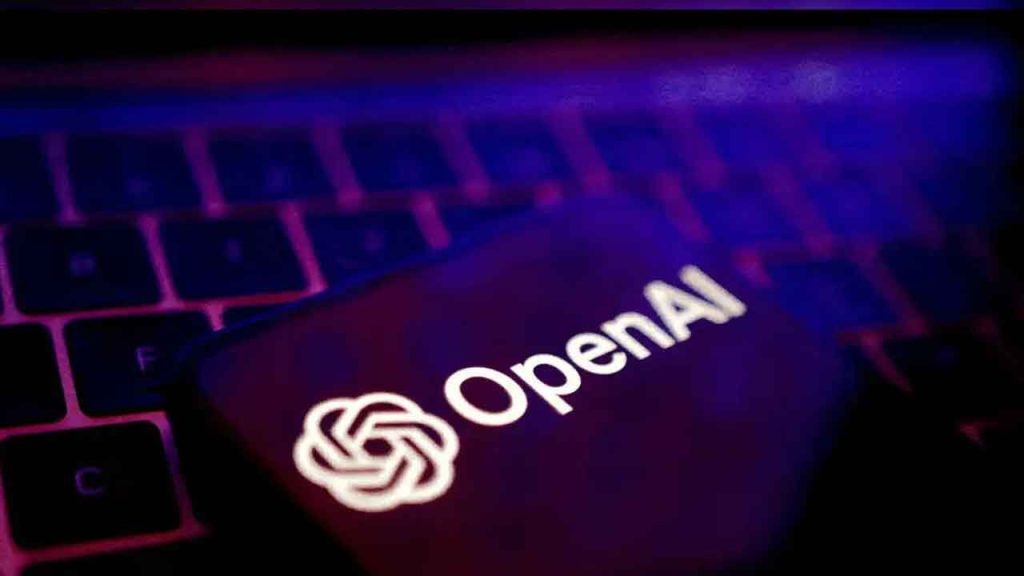OpenAI, the maker of ChatGPT and a major force in generative AI, is reportedly exploring the possibility of accusing Microsoft—its primary financial backer—of anticompetitive practices. As per a report from The Wall Street Journal, top executives at OpenAI have deliberated the idea of initiating legal action or even requesting a federal regulatory review of their ongoing agreement with Microsoft. These discussions point to rising tension in a partnership once seen as one of the most promising collaborations in the AI world.
Microsoft began its deep involvement with OpenAI in 2019 with a $1 billion investment. Since then, the tech giant has integrated OpenAI’s models into its core offerings, including Microsoft 365 and GitHub Copilot. Despite these integrations, the relationship has hit turbulent waters over issues ranging from profit-sharing and equity ownership to rights around cloud infrastructure and intellectual property.
In a joint statement to The Wall Street Journal, both companies sought to play down the friction: “Talks are ongoing and we are optimistic we will continue to build together for years to come.”
However, insiders suggest otherwise. One of the major friction points is OpenAI’s move to convert into a public-benefit corporation, a shift that reportedly requires Microsoft’s consent. The two sides have yet to agree on key terms, and negotiations have stretched over several months without resolution.
Adding to the complexity, OpenAI is said to be working on adjusting the profit-sharing structure. According to a report by The Information, the company told some investors it plans to reduce Microsoft’s share of revenue by 2030, potentially bringing it down from 20 percent to just 10 percent. An OpenAI spokesperson confirmed, “We continue to work closely with Microsoft, and look forward to finalising the details of this recapitalisation in the near future.”
Equity restructuring is another sticking point. OpenAI has reportedly proposed that Microsoft hold a 33 percent stake in a restructured business unit, on the condition that Microsoft waives future profit claims. This offer, however, has not been accepted, and Microsoft is believed to be seeking further concessions in return.
Cloud hosting rights have also become a source of disagreement. Microsoft currently enjoys exclusive hosting of OpenAI’s models via its Azure platform. But as OpenAI’s computing demands grow, the company is looking to bring in Google Cloud and diversify its cloud partners, as initially reported by Reuters.
To further complicate matters, Microsoft and OpenAI are also at odds over OpenAI’s recent $3 billion acquisition of Windsurf, a startup specializing in AI-powered coding. Microsoft is reportedly trying to gain access to Windsurf’s intellectual property, which could boost its GitHub Copilot tool. OpenAI, however, is resisting those efforts, aiming to keep Windsurf’s innovations separate from Microsoft’s offerings.
While both parties continue to express confidence in the future of their alliance, the ongoing disputes suggest that the foundational dynamics of the OpenAI-Microsoft relationship are under significant strain.

